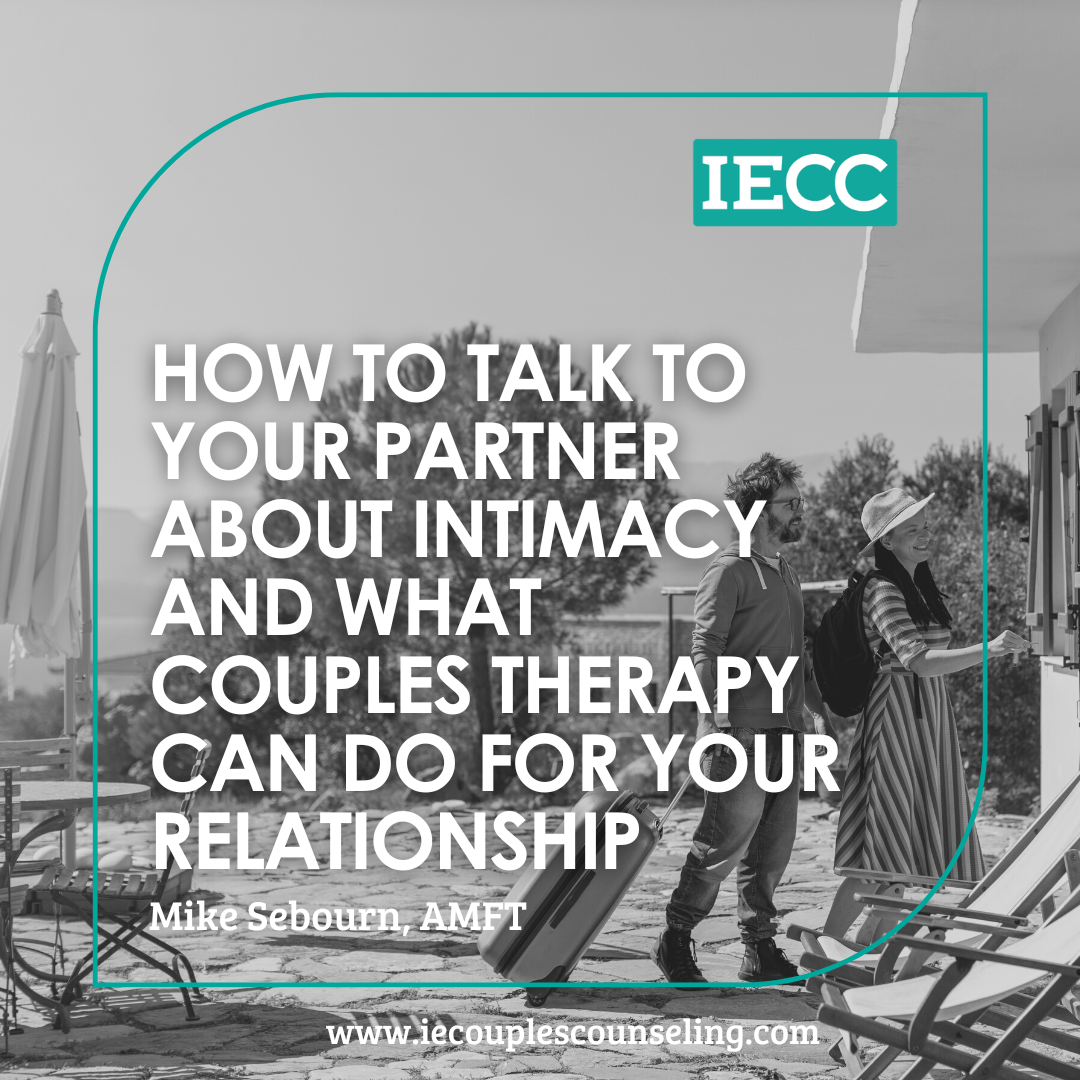
The United Couple
Divided in Faith, United in Love
Foundations of a Mixed Belief Relationship Mini Course
This mini course will teach you the most important skill for helping your interfaith or mixed secular / religious relationship thrive. First watch the video below and then get the free download to help you put it all into practice and lay the foundation for you happy and united future together.
Mixed Faith Couples FAQs
-
A mixed faith marriage is one where the two parties in the relationship have different religions or belief systems. Sometimes people start out their relationships knowing they have different faiths or religions. Often people find themselves in mixed belief relationships after one of the people goes through a faith transition or faith crisis. One member of the couple might have found God, converted to a new religion, or decided to return to the faith they were raised with. Or, one member of the couple might have lost their faith and left their church or religion.
-
Not always. The term “interfaith marriage” or “interfaith relationship” usually refers to a couple where both parties are religious and they have different religions. “Mixed faith marriage” or “mixed belief couple” is more inclusive. These couples usually have one member who is religious or believing and another who doesn’t identify with any type of religious belief system. “Mixed faith couple” could describe an interfaith marriage but it also includes believers who are married to atheists, agnostics, free thinkers, secular humanists, and the like.
-
Feeling connected when you don’t share world views, religious practice, or ways of finding meaning, peace, and comfort
Finding shared community. Faith-based communities are easy places to find friends and social supports when you both belong. Finding shared friends and shared community as a couple is more challenging when you don’t share religious beliefs or practices
Creating traditions and deciding which rituals and holidays you will observe
Parenting. This is a big one. Many people who are very comfortable allowing difference with their spouse find themselves in battle when it comes to the kids
Will the kids go to church, temple, mosque, synagogue, all of the above, or none at all?
Will we introduce our kids to both our belief systems or choose just one? Will that confuse them?
How will the kids get religious education?
How will the kids get moral education?
Which holidays or rites of passage will we introduce to our kids?
What will our parents think?
Will other adults have more influence in the lives of my kids than I do?
Will I become irrelevant, or worse demonized, in the eyes of my own children?
-
We use “couple” because we don’t believe people have to be legally married for their relationships to be legitimate. And we picked The United Couple because it focuses on potential, possibility, and positivity for your future. We don’t want your experience of your relationship—down to and including the words you use to describe it—to be focused on what separates you or the hardest parts about you being together. We want you to have words to describe your relationship that keep you thinking about what’s good.
The truth is that every couple has things that divide them, areas where they are different. When you’re in a mixed faith marriage, that’s your religious belief. But this difference isn’t all that your relationship is about! Working through this particular difference of faith, especially for couples who experienced a faith crisis or faith transition in their relationship, has the potential to bring you closer. We’ve seen it with many couples over the years we’ve been doing this work. The future really can be that you are a united couple—closer, more respectful, more loving than you ever imagined possible.
Want to learn more?
Rebecca was invited as an expert guest to discuss the challenges of adjusting to a mixed belief relationship after one partner leaves religion. She gives helpful tips for couples navigating this challenging and rewarding relationship dynamic. Watch the full presentation below.
Read more about Mixed Faith Relationships
Quality information you can trust from relationship experts!




